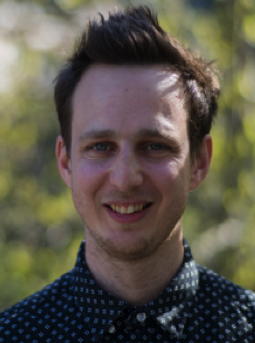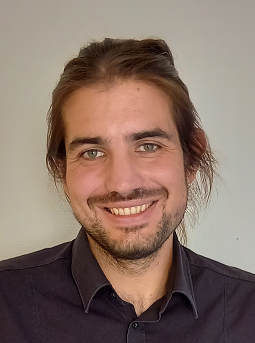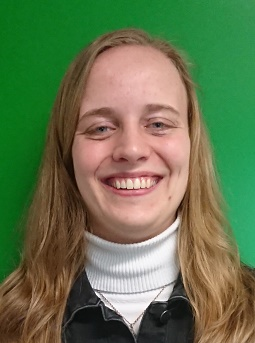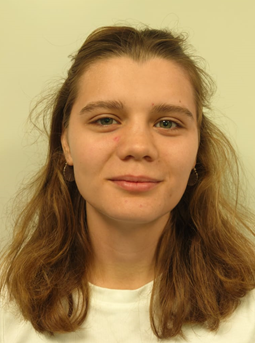There are a number of problems faced by most neuroimaging centres. Apart removing ferrous-metallic objects from every possible pocket, these include issues as basic as how to understand one another. Part of the challenge is that students come from diverse backgrounds, mathematics, physics, biology, medicine, economics, psychology, and even further afield. This means that most students are good at some things but ill-equipped for others. Typically it’s hard to know what it is you need to know, and what it is you don’t know. Our solution to this problem is to provide a wide-ranging curriculum that covers all the basic knowledge and skills necessary to follow what is going on at DRCMR and to be able to make an intellectual contribution whatever the topic. Everyone is expected to be able to ask questions and offer contributions in fields outside of your own. The curriculum comprises several modules that most students are expected to take whilst at DRCMR.
Neuroimaging Foundations
In Neuroimaging Foundations you will work on the most foundational skills necessary to learn the methods and techniques that are commonly employed at DRCMR. This foundations course assumes almost no prior knowledge and teaches you philosophy of science, foundational maths, and statistics, and programming in Matlab. All PhD / Masters / Researchers-new-to-the-field are expected to attend. Accommodations can be made for those with special constraints (e.g. dual affiliation), or with pre-existing training (e.g. already done similar courses), on a case-by-case basis. Neuroimaging Foundations acts as a primer for our methods specific course, Neuroimaging Basics.
Neuroimaging Basics
Neuroimaging Basics is taught as a peer2peer course where students teach each other with expert help. We cover every major technique used at DRCMR, our philosophy is that everyone should have a basic grasp of everyone else’s research, such that we can critique and think creatively about cross-disicplinary and cross-methodological collaborations. We also have stand alone workshops in Brain stimulation techniques, Neuroanatomy, Basic Neuroscience, Data quality and much else, on a rolling basis.
Neuroimaging Pragmatics
Neuroimaging Pragmatics is an informal series of lectures, organised by the student group, on pragmatic skills such as grant writing, giving talks, paper writing, ergonomics, and so on. How to give a project presentation, How to write a paper, How to review a paper, How to give a talk, How to prioritize time, How to apply for funding, How to find a problem worth solving, Responsible conduct of research, Stimulus delivery, Psychopy, psychtoolbox, triggers, picolog, button boxes, force transducers, Recording Electrophysiological signals, Physiological monitoring, Data quality checking, Data management and backup, Producing figures in Matlab & Inkscape, Auditory stimulation, Strategies for literature searching, Ethics applications and practice.
MR Driver License
Scanner safety and scanner license courses are organised by the physics group. This gives students the basic training necessary to work in an MR environment, and the scanner license is the qualification that students need to acquire in order to autonomously operate an MR machine.
MRI Acquisiiton
MRI acquisition course is our course on MR physics. It teaches all of the fundamental physics underlying the magnetic resonance techniques are employed at DRCMR. The course introduces MRI starting from a level requiring little or no MR experience. Lectures cover MR understanding, acquisition methods and parameters. The target audience is employees and students at the DRCMR but the course is open and free for external participants. A technical background is not required. The main aim is to provide a basis for understanding pitfalls and literature. It covers the MR prerequisites needed to follow the more technical course Medical Magnetic Resonance Imaging offered as part of the Medicine & Technology program at the Technical University of Denmark in the spring, and which is also available for non-DTU-students (offered under "Open University"). Besides knowledge of MR basics, the DTU course also requires math and programming skill.






